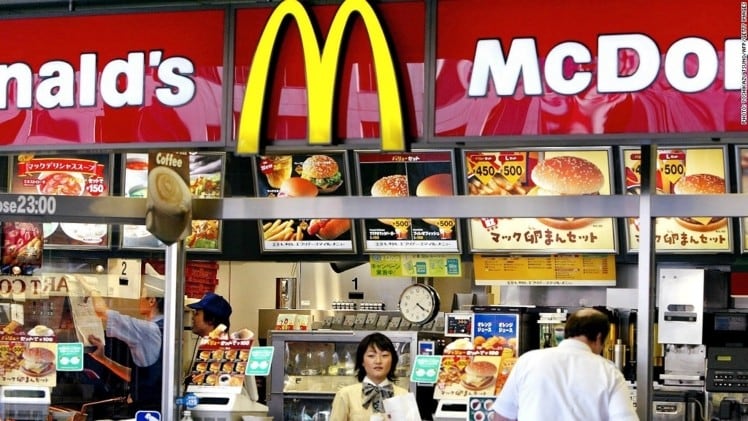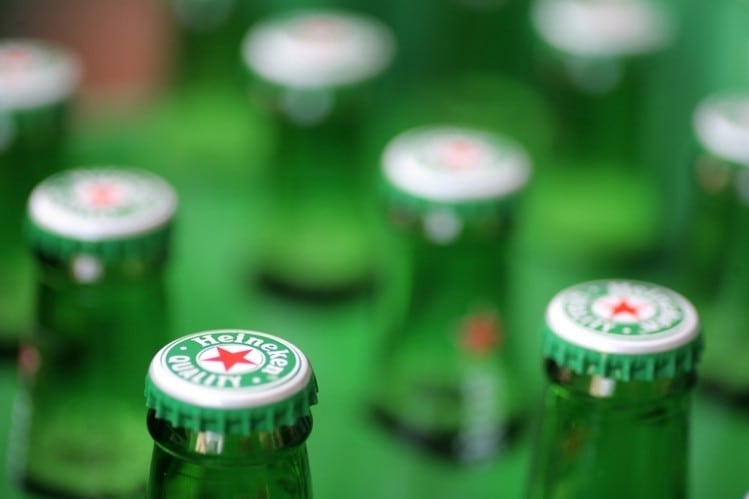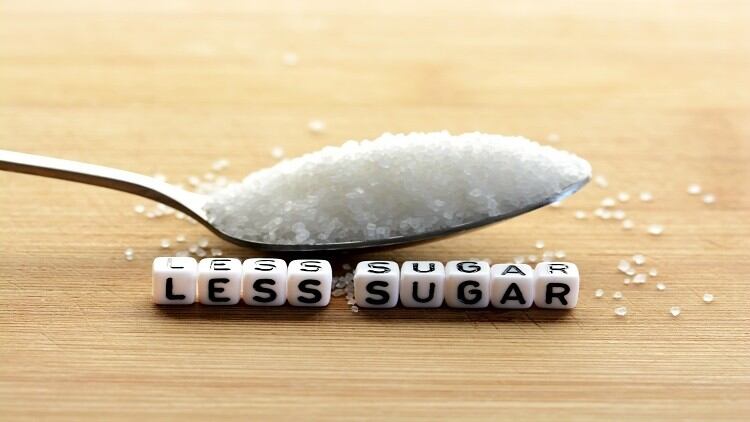Fast food sponsorship in New Zealand is a common occurrence in the sports industry. KFC sponsors the Super Rugby teams, McDonald’s sponsors various community-level sports teams and events, and Burger King sponsors boxing, basketball and rugby, amongst others.
According to New Zealand website Stuff, the proposals to stop fast food sponsorship of sport were part of a ‘wish list’, which was released to them under the New Zealand Official Information Act.
This is in an effort to deal with rising obesity rates in the country. As per the New Zealand Health Survey 2016-2017 indicator explorer on the Ministry of Health website, roughly 268,000 children in New Zealand are overweight or obese.
This percentage makes for approximately 33.4% of children in the country.
That said, Health Minister David Clark has not acknowledged any active action on the proposals. He told local media that the document was an "an early briefing which canvassed a wide range potential interventions", and "[not] under active development at this point".
Amongst the suggestions made in the document are: ‘[The] potential for Government to discourage sponsorship of sporting teams or events by brands associated with less healthy products (either in agreement with national sporting organisations, or voluntarily by the food and drink industry)’, and ‘menu board labelling’ where calorie information is printed and displayed on menus.
Why this matters
The rates of overweight and obese children in New Zealand is a cause for worry, as these conditions are precursors to diseases such as Type II diabetes, cardiovascular disease, and more.
As it is, over 2.5 million adults in the country are overweight and/or obese, making up roughly 66.6% of the population.
A 2013 New Zealand study found that ‘one third of the food and beverage products or companies sponsoring sport in NZ were classified as unhealthy’.
Alone, this may not say much, but when coupled with a separate study entitled "Food company sponsors are kind, generous and cool": (Mis)conceptions of junior sports players, the impact these sponsorships have on children has strong consequences on their nutrition.
If the sponsored food is unhealthy, these children are likely to grow up choosing to consume unhealthy food.
“Children's high recall of food and beverage company sport sponsors and their positive attitudes towards these sponsors and their promotions is concerning as this is likely to be linked to children's food preferences and consumption,” wrote the authors.
“Limiting children's exposure to this marketing is an important initiative to improve children's nutrition.”
That being so, experts also agree that it is very difficult for children’s sport to exist without the current levels of sponsorship from fast food giants, and that the market is unlikely to be voluntarily surrendered either.
“Children are an important target market for manufacturers because they wield enormous purchasing power both directly (e.g. with pocket money) and indirectly (e.g. influencing their parents' purchases),” said Julia Lyon, National Project Manager, Agencies for Nutrition Action in a report on Food and Beverage Marketing to Children.
“They are seen as a future – as well as current – market, and hence manufacturers invest significant money in building positive relationships between children and their brands so that they purchase their products now and into the future.”
“There are also psychological differences between adults and children which make children more vulnerable to marketing messages. Adults are more likely to critically evaluate marketing claims where as children […] are more likely to accept marketing messages as truthful.”
“Despite the best efforts of parents, the current unhealthy nature of food and beverage marketing is one of the biggest factors undermining their attempts to raise healthy children,” she concluded.
University of Otago Associate Professor Louise Signal, a co-author in the aforementioned study, said: "As researchers, all our kids play sport and so we know that [sports groups] need the income. But it's just a case of thinking harder about where the income's coming from."
Speaking to the New Zealand Herald, she added that sports organisations should be encouraged to only take on sponsorships from food companies that promote healthy eating.
Additionally, Prof Signal suggested that the government help fund the phasing out of sponsorship linked to unhealthy foods – a move that would cost much less that the health burden costs as a result of the current situation in the long run.
New Zealand Food Industry Taskforce
The Food Industry Taskforce is a partnership comprising the New Zealand government and 16 food industry players. It was established in June this year.
One of the areas it is working on is that of Food and Beverage Marketing. However, the taskforce was not made aware of the proposals to stop sports sponsorship by fast food firms, according to Stuff.
"The Food Industry Taskforce is just one component of a wider comprehensive programme of interventions that the Government is considering in its response to rising rates of obesity," Clark said.
"The discussions the Minister of Food Safety and I had with the industry were pitched at a high level and did not go into the details of specific interventions."
Apart from this, the taskforce is also working on the areas of Food and Beverage Formulation and Innovation, Employee Health and Wellness Programmes, Community and Education Initiatives and Labelling and Roll out of HSR (Health Star Rating).
It is expected to report back to New Zealand Ministers in December 2018 on the five areas mentioned with analyses, recommendations and actions.





